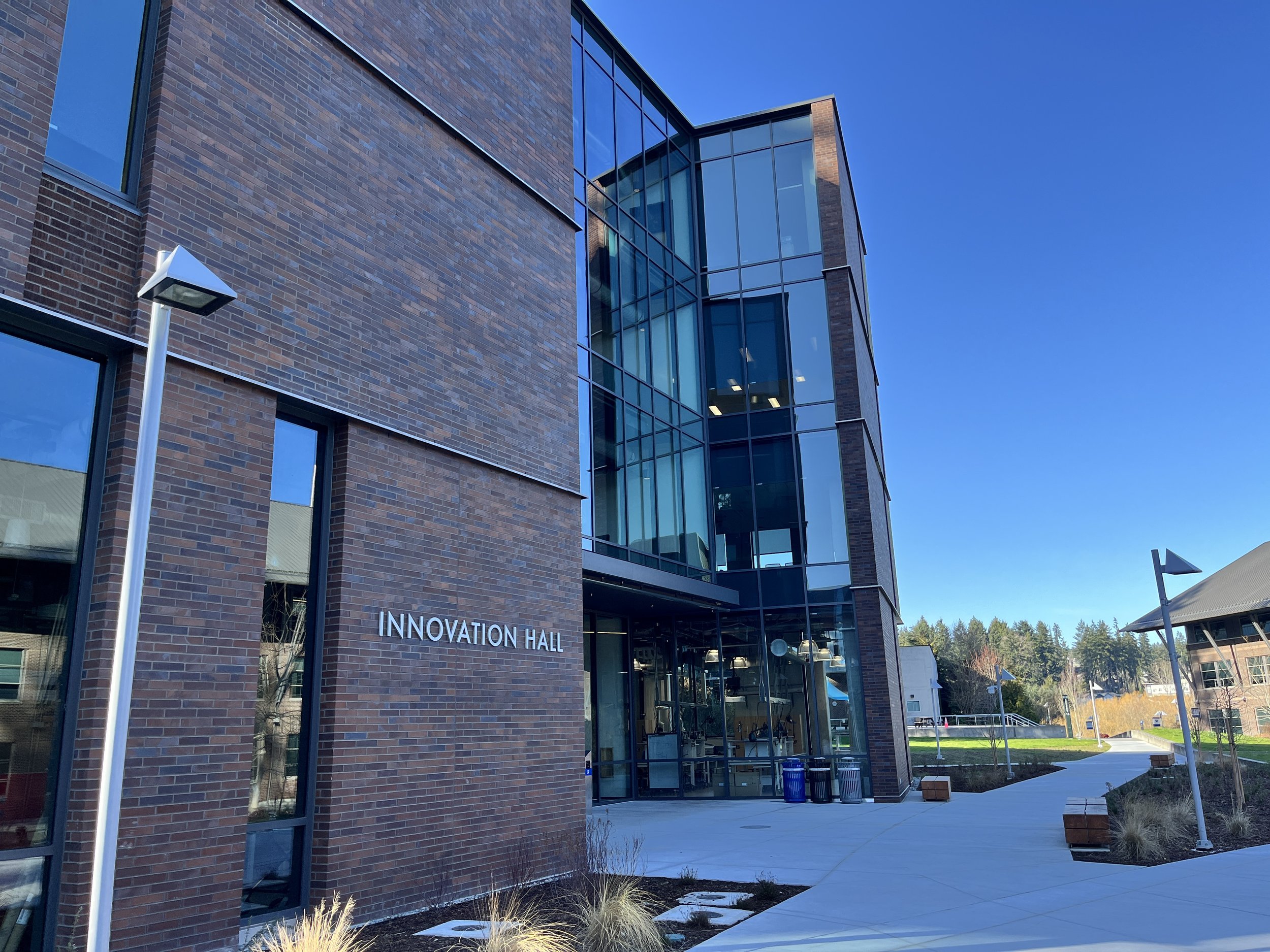Advising Updates
Over the winter, students have been working hard defining their College Criteria - the characteristics they are looking for in their future college. We’ve used self-surveys, card sorts, career information, and defining campus visits to help your students get a sense of the most important things for them as they begin researching colleges.
Happening in late March - April:
- Initial college lists for Comprehensive clients - Over the next few weeks, comprehensive package students will receive their initial college lists. These lists have 25-30 colleges on them, a great starting place for detailed research and exploration.
- Resume workshops - In collaboration with Delehoy College Counseling, I will be hosting two resume workshops, one on April 2 (Tuesday) at 6 pm and the other on April 13th (Saturday) at 2 pm, all times listed in Pacific Time. Registration emails and a packet have been sent out.
All juniors are expected to attend a workshop. Following the Resume Workshops, I will meet with your student to go over their resume. Students should have a first draft ready to share at the meeting. A scheduling link for the Resume Review meetings was sent out last week and your student has many appointment times to choose from.
If there is a scheduling conflict, please have your student contact me to make alternative arrangements for the workshop and review session.
- Planning Campus Visits - Continue to complete your criteria building campus visits and begin visiting campuses on your college list.
Look at the resources in your Walberg College Counseling Digital Binder to help you plan your visits.
Make sure your teen takes notes and pictures. This will help when trying to remember the atmosphere of the school.
Use opportunities like school days off and in-service days to visit a college. Visiting when the college is in session will let you see a campus on a “normal day”.
Avoid visiting campus during “game days” - especially during football season. Visiting on a big game day can skew your feel of the campus. All of the activity and spirit on campus during those days is not representative of what the college looks like for most of the academic year.
If visiting during your spring break, check the college’s calendar to see if they are in session. Visiting a campus during their spring break can make the campus feel like a ghost town and leave a negative impression.
Before visiting, it may be worth previewing a college by watching a virtual tour.
When deciding your itinerary, choose a balance of colleges that fit academically and socially. You can always visit more colleges after receiving acceptances.
Let the admission office know you’re visiting and give yourself 2-3 hours to visit campus
Register for an official tour
Meet with an admission counselor
Have lunch in the cafeteria - what is the atmosphere like?
Meet with a coach, professor, or student representative of a club you are interested in.
If comfortable, talk to some students.
Ask why they chose this college.
What do they like or not like?
What is the campus like on the weekends?
What is the surrounding area like?
Explore the surrounding area by choosing a fun thing to research and compare. For example, if you love ice cream, find a local store and indulge.
Do this with each college visit and compare your notes!
Keeping an open mind during this process is important. Some colleges will likely resonate with you, but not your child. Help your child reflect on the visit by asking open-ended questions about what they saw, heard, and thought while on campus. Listen carefully to your child’s reactions before sharing your impressions.
Take your own notes, as your child may forget to write down information. Most importantly, enjoy this time with your teen before they head into the next chapter of their lives. Try to build some downtime and fun activities that have nothing to do with college and enjoy this exciting journey.
Want more tips? Here is a great article from Bierer College Counseling about how to make the most out of spring break campus visits.
Innovation Hall,
University of Washington - Bothell, 2024
March-April Reminders
Seniors:
- Keep your grades strong - avoid senioritis!
- Make final campus visits to help narrow down your college list.
- Begin comparing financial aid offers.
– Final admission letters from colleges should arrive by the start of April.
- Notify colleges that you will not attend.
- Send thank you notes to those who wrote letters of recommendation.
- Parents of seniors: begin drafting financial aid appeal letters if needed.
- Military affiliated families: Connect with VA Benefits representatives on campus to learn about how to claim yellow ribbon benefits at each school.
Juniors:
- Register for a Resume Workshop (Apr. 2 or 13).
- Register for a Resume Review Session (multiple dates)
- Begin creating an initial list of colleges.
- Tour colleges.
- Register for an SAT or ACT
Sophomores & Juniors:
- Make plans for a productive summer.
- Investigate summer programs, jobs, and internships.
All students:
- Prepare for AP exams
College Knowledge
-
Researchers surveyed over 30,000 college graduates about their job and life satisfaction and determined that it isn’t where you go to college, but rather what you do when attending college. This article gives insight into making the most out of your college experience. Continue reading…
-
Students entering college don’t need to limit their studies to one subject. Many colleges offer the option of double majoring, majoring in a certain concentration, or combining a major with a minor. Understanding your choices allows you to broaden your area of expertise and interests. Continue reading…
-
Before your teen accepts an admissions offer to their dream school, make sure to understand the total cost of college. Reading the three steps will clarify how to decipher the actual cost of attendance, and whether to accept loan offers and scholarship terms. Continue Reading…
-
While downtime is important to re-energize, summer is also a great time to explore new interests by taking a class, trying a residential summer program housed on a college campus, getting a job, or volunteering in your community. Look for an experience that is exciting to you. Continue Reading…

